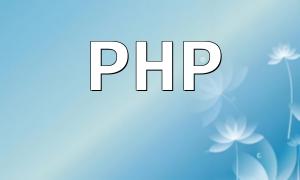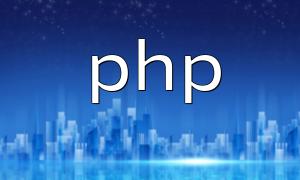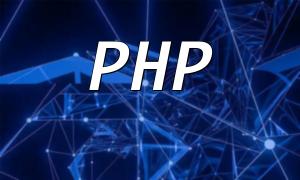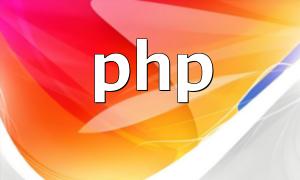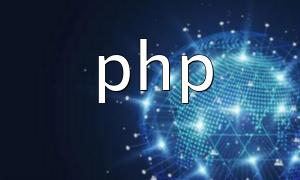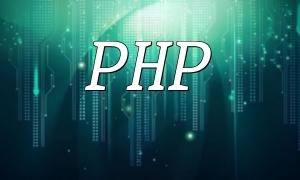PHP frameworks provide a structured and efficient foundation for application development. They include rich classes, functions, and tools that simplify the development process and improve code quality. Here are some widely used PHP frameworks:
Laravel is an object-oriented, feature-rich framework known for its clean syntax and elegant APIs. It offers routing, views, database abstraction, model generation, authentication, and unit testing tools, making it suitable for medium to large applications.
CodeIgniter is a lightweight and flexible framework designed for small to medium-sized applications. Its clean MVC architecture provides excellent performance and development flexibility, ideal for rapid project development.
Symfony is an enterprise-level framework with powerful features, suitable for building large and complex applications. Its modular component system allows developers to select the most suitable modules according to project needs, improving efficiency and maintainability.
Yii is a high-performance framework, especially suitable for complex web application development. It uses an event-driven programming model, enhancing code reusability and scalability.
Zend Framework is a mature and widely used enterprise-level framework, offering a rich set of components covering database operations, authentication, security, and more, ideal for projects requiring high performance and security.
When selecting a PHP framework, consider the following factors:
By carefully evaluating these factors, developers can choose the PHP framework that best fits their project, improving development efficiency and code quality.


